Democracy under siege: How interference sparks chaos and civil wars
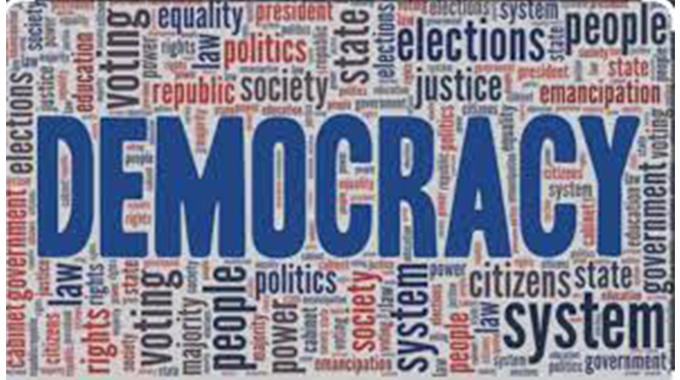
Stanford Chiwanga
[email protected]
ZIMBABWE will hold harmonised elections in August, President Mnangagwa has said. For the next couple of months before the elections and months after the polls, “democracy” will be the buzzword and the phrase “free and fair elections” will be uttered countless times.
Without a doubt, democracy, the cornerstone of modern governance, relies on the fundamental principle of respecting the will of the people expressed through free and fair elections. However, the erosion of this principle will be on display when Zimbabwe goes to the polls. In fact, it has become an alarming global trend for the word to be abused as foreign governments and international institutions increasingly interfere in the electoral processes of sovereign nations.
Such interference undermines the democratic values we hold dear and jeopardise the stability and legitimacy of nations across the globe.
Foreign interference in elections manifests in various forms, from cyber-attacks and disinformation campaigns to overt support for particular candidates or parties. We have seen this in many countries including our beloved Zimbabwe.

President Mnangagwa
Regardless of the method, the consequences are detrimental, tarnishing the very essence of democratic governance. By exerting undue influence, foreign actors undermine a nation’s sovereignty and subvert the collective will of its citizens, eroding trust in the electoral process and casting doubt on the legitimacy of elected governments.
The negative impact of foreign interference in elections cannot be overstated. Firstly, it distorts the representation of the will of the people, impeding the formation of governments that genuinely reflect the aspirations and values of the nation.
This can lead to policy decisions that do not align with the interests of the people, as foreign interests may take precedence over domestic priorities.
Secondly, interference sows division and undermines social cohesion. By manipulating information and exacerbating existing fault lines, foreign actors create an environment of distrust and hostility among citizens, eroding social fabric and impeding the nation’s progress. These divisions often persist long after the election, breeding long-term instability and hindering national development.
The global stage has witnessed several instances of foreign interference undermining democracy. In recent memory, we have seen cyber intrusions into electoral systems, such as the alleged Russian interference in the 2016 United States presidential election, which created political chaos and undermined public confidence in the democratic process. Similarly, attempts to manipulate elections have been observed in various regions, including the interference by external powers in the electoral processes of Ukraine and Georgia, compromising their sovereignty and hampering democratic progress.
Historically, numerous examples demonstrate the destructive impact of interference. In Latin America, for instance, the United States’ intervention in Chile during the 1970s led to the overthrow of democratically-elected President Salvador Allende, plunging the country into a long period of authoritarian rule under General Augusto Pinochet. The repercussions of this interference were felt for decades, as Chileans suffered human rights abuses and the suppression of democratic institutions.
Similarly, in Africa, foreign interference has contributed to the erosion of democratic governance. The Democratic Republic of Congo has experienced protracted conflict and political instability, partly due to foreign powers backing different factions and manipulating elections. These interventions have undermined the country’s democratic institutions, impeded progress, and caused immense suffering for its citizens.
The Middle East provides another example where foreign interference has led to disastrous consequences. The Iraq War, initiated by the United States in 2003, not only destabilised the region but also disrupted the democratic processes within Iraq itself. The power vacuum left after the ousting of Saddam Hussein resulted in sectarian tensions, insurgency, and the rise of extremist groups, contributing to ongoing conflicts and undermining the prospects for democracy in the region.
These examples highlight how foreign interference can have far-reaching and devastating effects on the stability and democratic development of nations. Interference not only undermines the democratic aspirations of the people but can also perpetuate cycles of violence and instability, hampering the prospects for peace and prosperity.
Respecting a country’s election is not only a matter of ethical imperative but also vital for the preservation of global peace and stability. Foreign governments and international institutions must recognise that interfering in the internal affairs of sovereign nations undermines democratic values, weakens institutions, and breeds global discord.
By respecting a nation’s election, foreign governments and international institutions uphold the principles of self-determination and national sovereignty, allowing citizens to exercise their democratic rights without external manipulation. Encouraging fair and transparent electoral processes, and supporting the establishment of independent electoral bodies, are crucial steps in fostering a robust democratic ecosystem.
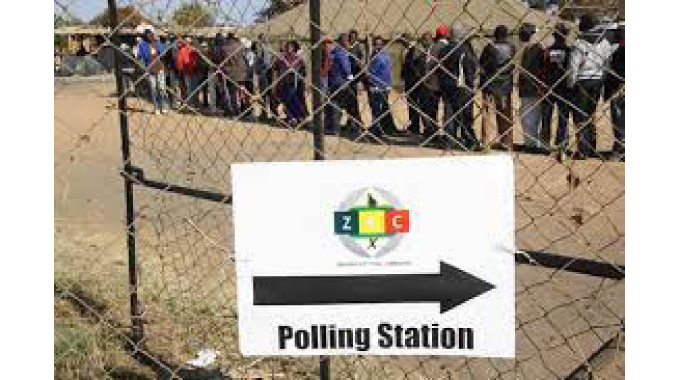
elections
Furthermore, it is essential to note that respecting a nation’s election is not only a matter of upholding democratic values, but it is also essential for ensuring stability and security. When foreign governments interfere in the electoral processes of other nations, they risk creating tensions and conflicts that can escalate into full-blown crises. This is particularly true in regions where there are existing political, ethnic, or religious tensions, as interference can exacerbate these fault lines and lead to violence and instability.
Foreign interference in elections can also have long-lasting economic consequences. When the legitimacy of a government is called into question, foreign investors may be hesitant to invest, leading to economic stagnation and, in some cases, recession. This can lead to social unrest, political instability, and a cycle of economic decline that is challenging to reverse.
Therefore, it is crucial for foreign governments and international institutions to respect the electoral processes of sovereign nations, refrain from interference, and work collaboratively to strengthen democratic institutions worldwide. By doing so, we can create a more peaceful, prosperous, and equitable global community that upholds the values of democracy and human rights.
Moreover, foreign interference in elections has, in some cases, resulted in coups, chaos, and civil wars, further illustrating the dire consequences of such actions. When external actors meddle in the democratic processes of a nation, they can disrupt the delicate balance of power and trigger political instability.
To preserve democracy and promote a more just and equitable world order, it is imperative for foreign governments and international institutions to respect the sovereignty and electoral processes of other nations. Upholding the principles of self-determination and non-interference is crucial for fostering genuine democratic governance, social cohesion, and sustainable development.
By respecting a country’s election, foreign governments and international institutions contribute to the strengthening of democratic institutions, the empowerment of citizens, and the promotion of peace and stability. This requires cooperation, diplomacy, and the recognition of the intrinsic value of democracy in fostering a more inclusive and prosperous global community.
In a nutshell, foreign interference in the elections of sovereign nations represents a severe threat to democracy worldwide. The damage caused by such interference extends beyond the electoral process, fracturing societies and eroding the foundations of democratic governance. It is imperative for foreign governments and international institutions to recognise the gravity of this issue and commit to non-interference in the electoral affairs of nations. By doing so, we can collectively protect and strengthen the democratic values that are the bedrock of a just and inclusive global order. – @plainstan

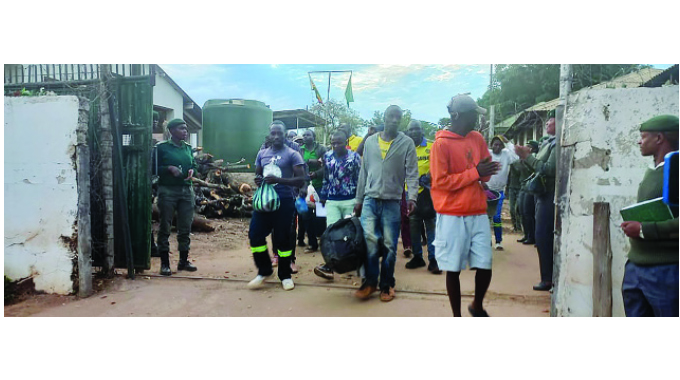


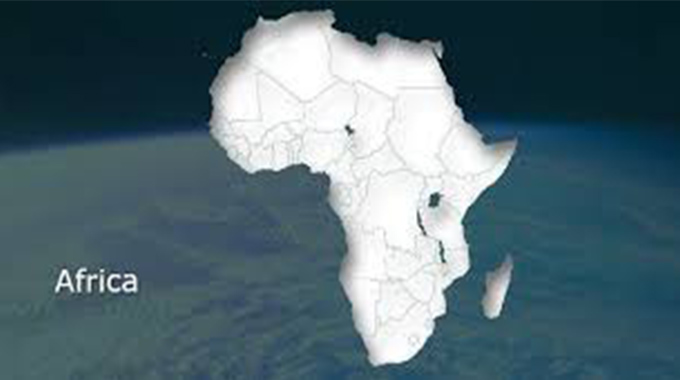
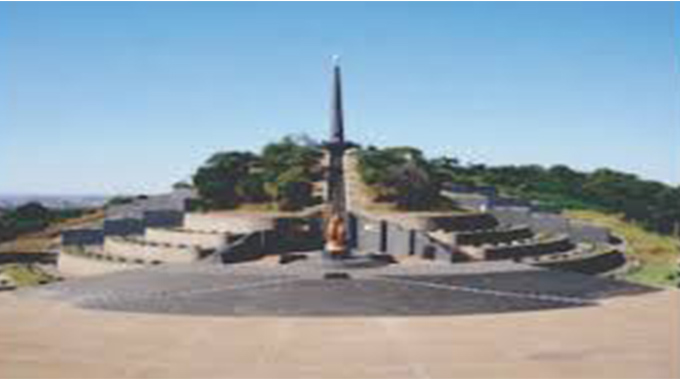






Comments